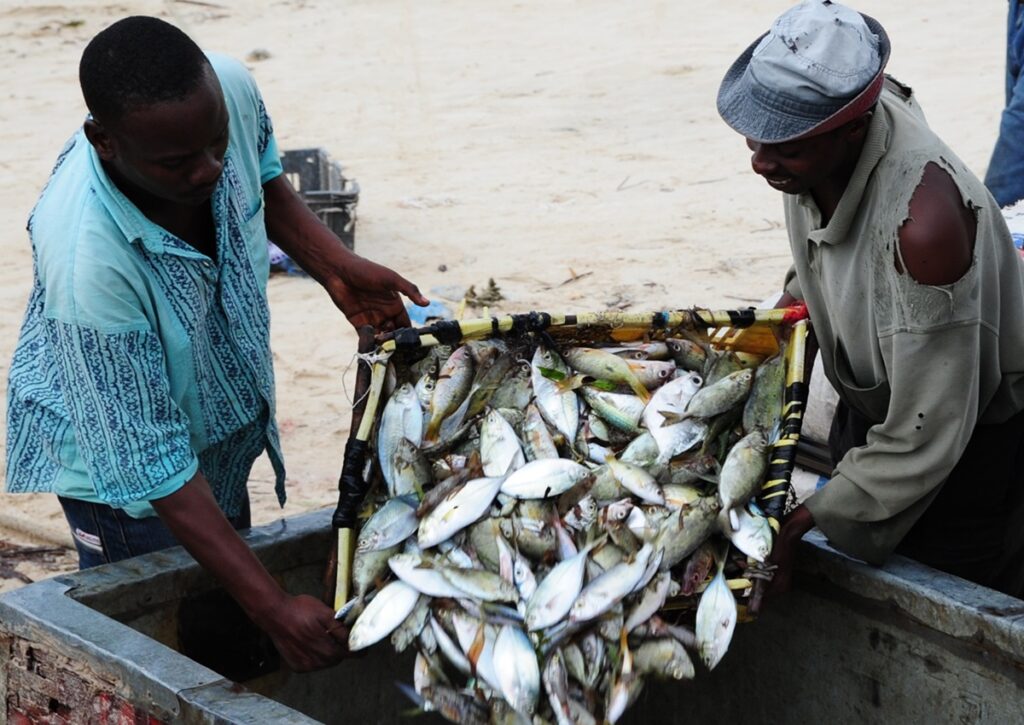Ghana is taking important steps toward reversing the decline in its fish stocks by embracing sustainable fishing practices and marine conservation strategies. With the growing awareness of the ecological and economic importance of healthy fish populations, government agencies, local communities, and non-governmental organizations are working together to restore marine life and protect the livelihoods of millions who depend on fishing.
One key approach has been the enforcement of closed fishing seasons, which allow overfished species time to reproduce and replenish. These scientifically guided periods have shown promising results, with fishers reporting improved catches after the ban periods end. Alongside this, there has been a crackdown on illegal fishing activities, especially the operations of foreign trawlers and the use of harmful fishing gear. By removing such threats, Ghana is creating a safer environment for marine species to thrive.
Community involvement is at the heart of these efforts. Coastal communities are increasingly engaged in co-management strategies, where they collaborate with regulatory bodies to monitor and manage local fisheries. Fisherfolk are also being trained in alternative, eco-friendly livelihoods such as aquaculture, fish processing, and eco-tourism, reducing pressure on marine resources while still supporting income generation.
Education campaigns and awareness programs are helping to shift public attitudes toward sustainability. Many now understand the long-term value of responsible fishing and marine protection. Schools, churches, and local radio stations have become platforms for spreading the message of conservation.
Investments in technology are also contributing to progress. GPS tracking, digital catch monitoring, and improved fishing equipment are helping fishers become more efficient while reducing bycatch and environmental damage.
Ghana’s journey toward reviving its fish stocks is far from over, but the momentum is growing. By embracing sustainable practices, the country is not only safeguarding its marine ecosystems but also securing the future of its fishing communities and ensuring nutritious food for generations to come.


Pingback: hello world